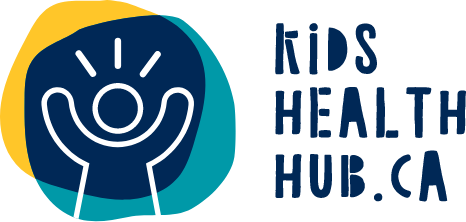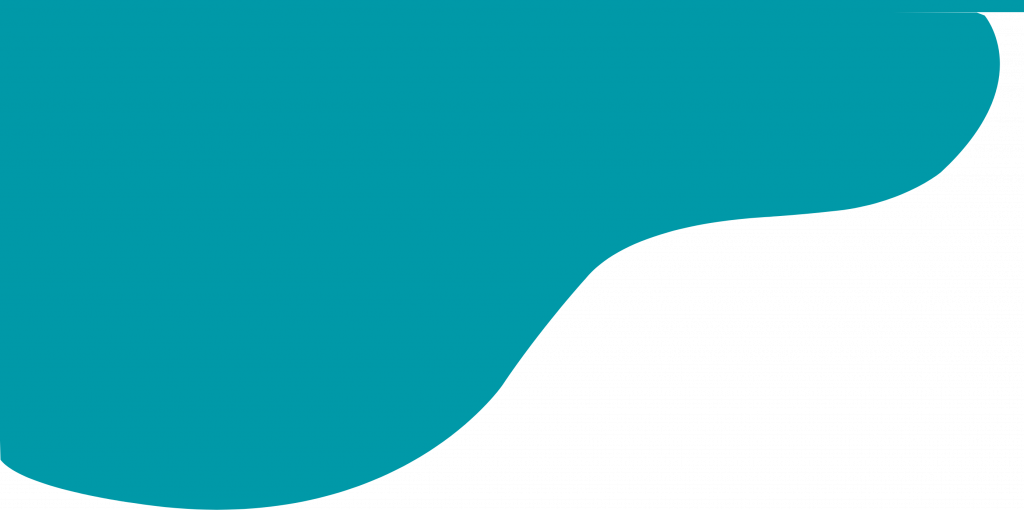
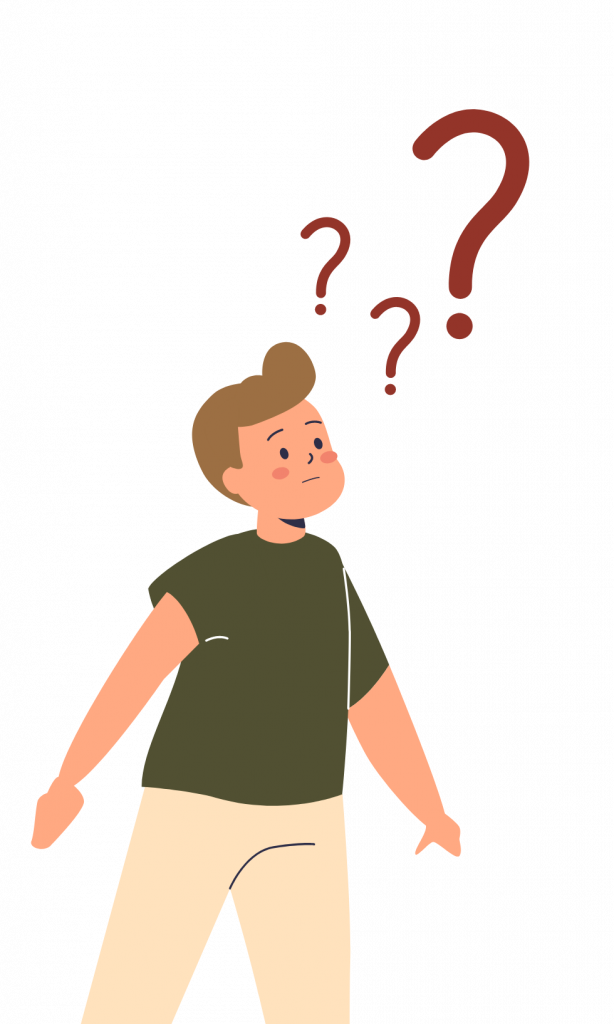
Identity Glossary
Pieces of Me
There are many things which make you unique. That means there are many things you can love about yourself.
Things you could love about you:
- Your abilities (things you can do)
- Your body
- Where you come from
- Your family
- Your personality
- How you act/treat other people
Take a moment to think about you and the different things that make you unique. What makes you truly you?? How would you describe yourself (kindly)?
This is all part of your identity. Identity is who you are. It is what makes you different from other people. You are an important part of this world.
There are times you might feel down on yourself or question yourself. Sometimes, you might make mistakes or not feel like your best self. That is a part of life. Everyone makes mistakes. It is a part of learning, growing, and expanding. Making mistakes or failing means you tried, and that is wonderful. Be kind to yourself. Learn from your mistakes. They are an important part of learning!
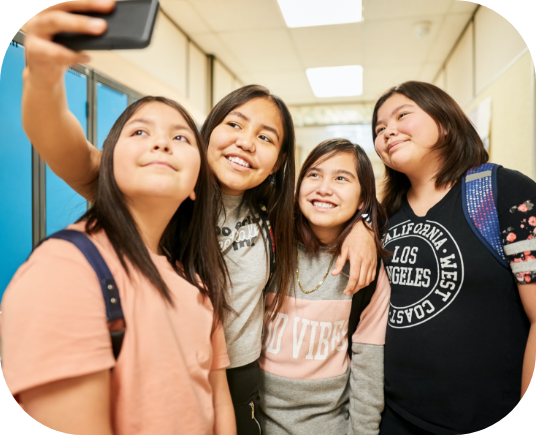
Indigenous
Indigenous peoples: people who are native to the land. It includes First Nations, Inuit, and Métis.
Status: Indigenous people who the federal government acknowledges and are registered under the Indian Act.
Non-status: People who identify as Indigenous but are not recognized by the federal government through the discrimination of the Indian Act.
First Nation: Indigenous people who do not identify as Inuit nor Métis.
Métis: Indigenous people whose ancestors were First Nations women and French and Scottish men who migrated to Canada.
Inuit: (singular Inuk) Indigenous people who live in the Arctic regions of Canada, Greenland, Alaska, and Russia.
For more information, support, or cultural teachings, please contact the Red Deer Native Friendship Society by calling (403) 340-0020 or visiting their website at The Red Deer Native Friendship Society (RDNFS)
2SLGBTQIA+
Two-Spirit: an Indigenous term which means a person has both masculine and feminine spirit within them. This includes Indigenous understandings of gender roles, spirituality, and sexual and gender diversity.
Lesbian: a woman who is attached to women emotionally and physically and identifies as a lesbian.
Gay: a man who is attracted to men emotionally and physically and identifies as gay. This can also be a term for anyone who is attracted to the same gender.
Bisexual: a person who is attracted to someone who is of the same gender as them or another gender and identifies as bisexual. Some people identify as bi+ to encompass attraction to more than one gender.
Transgender/Trans: a person whose gender identity is different than the sex they were assigned at birth. People who identify as nonbinary may call themselves trans. People who identify as nonbinary might also align with androgynous, non-binary, gender non-conforming, or gender fluid.
Queer and Questioning:
- Queer: It is a general term for all sexual orientations/gender identities on the 2SLGBTQIA+ spectrum.
- Questioning: a person who is not sure about their sexual orientation/gender identity.
Intersex: a person who is born with male and female sexual organs or other sexual characteristics. They are assigned a gender at birth which they might not identify with.
Asexual: a person who rarely or does not experience physical attraction to other people. They may be emotionally attracted to others.
+ is added to include all other sexual orientations/gender identities.
Other important terms:
Agender: a person who does not align with any gender
Androgynous: a person whose gender expression is between male and female
Cisgender: a person whose gender aligns with the sex they were assigned at birth
Demisexual: a person who experiences sexual attraction to others after forming a deep emotional attraction
Gender fluid: a person whose gender expression shifts
Non-binary: a person who does not align with the gender binary of man and woman. Their gender lies outside of the binary.
Pansexual (pan): a person who is attracted to others regardless of gender identity
Visit Central Alberta Pride at their website for information about Pride in Red Deer Central Alberta Pride Society
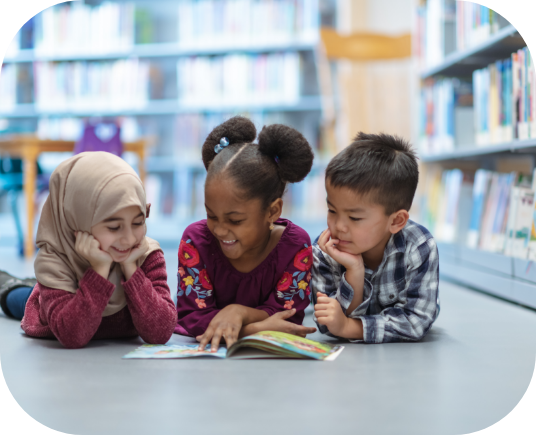
Adoption Mosaic
Adoption: It is a legal process where a person(s) takes legal parental responsibility for the child.
Adoptee: A person who has been adopted.
Adoptive Parent(s): A person (people) who adopts the child. They assume all parental rights for the child.
Foster Care: Temporary placement of a child in a foster (temporary) home.
Foster Caregiver: a person(s) who temporarily provides care to the child.
Permanency: to find children/youth a home where they are valued. The objective is to find a home with caregivers who are nurturing and help them transition to adulthood.
Kinship Care: an extended family member approved to take care of the child. The child has a close or family relationship with the person.
Refugee and Immigrant
Refugee: a person who was forced to flee their country to escape discrimination, disasters, or persecution. Refugees are forced to flee and are seeking safety and protection.
Asylum-seeker: a person who is seeking protection/asylum
Immigrant: a person who permanently settles in another country. They seek to become a citizen of the country.
Newcomer: a person who has recently come into the country, either a refugee or immigrant. They have usually been in the country for less than 5 years.
For more information or support, please contact Central Alberta Refugee Effort by calling (403) 346-8818 or visiting their website at CARE Red Deer Contact us | C.A.R.E. – Central Alberta Refugee Effort, Red Deer/ AB (immigrant-centre.ca)
Or Central Alberta Immigrant Women’s Society by calling (403) 341-3553 or visiting their website at CAIWA – Central Alberta Immigrant Women Association
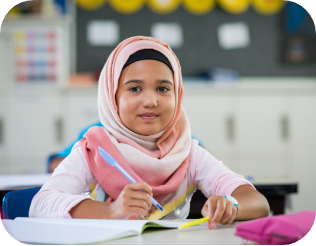
Further Resources
All articles referenced above are collated here for your convenience and further reading:
If you would like to speak to someone about mental health issues, the Alberta Health Services Mental Health Help Line is available 24/7, offering information and referrals on any aspect of mental health.
Call toll-free: 1-877-303-2642
Trending Topics
Depression
Depression What Is It? Depression is a mood disorder which means it impacts how a person is feeling. It can cause a person to feel
Accidental Overdose
Accidental Overdose What Is it? An overdose is what happens to someone’s body when they take too much of a substance or too many substances.
Online Relationships
Online Relationships Online can be fun! There are games, music, and videos. We can talk to friends and family online. Tips for Being Safe Online:
Online Relationships
Online Relationships Online can be fun! There are games, music, and videos. We can talk to friends and family online. Tips for Being Safe Online:
